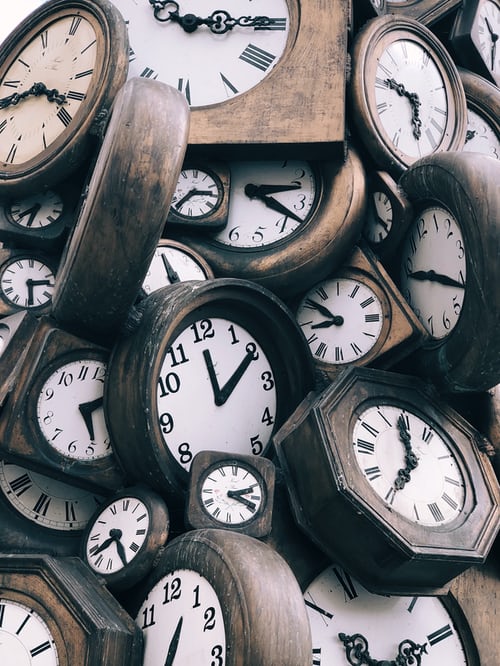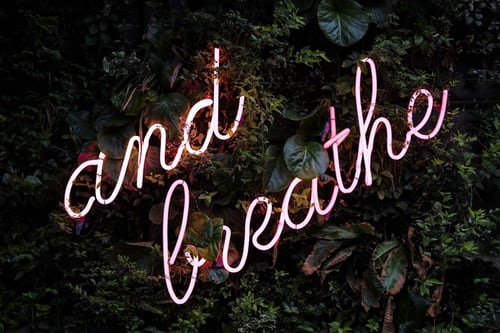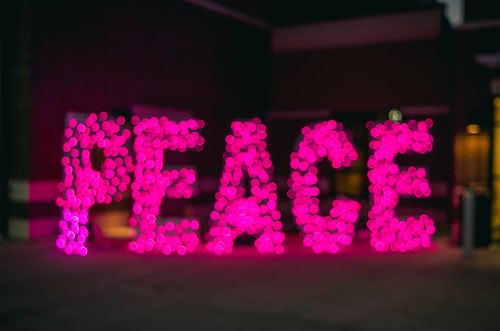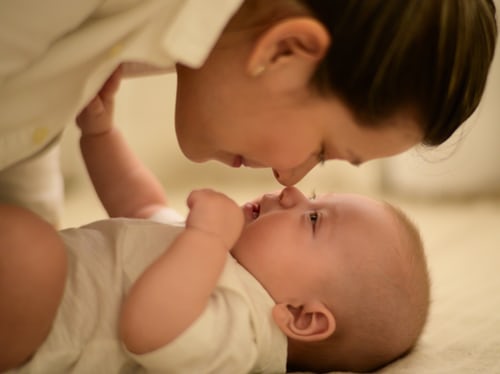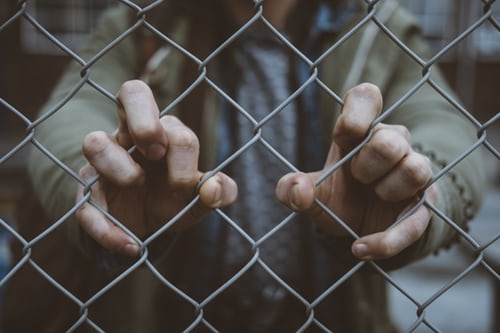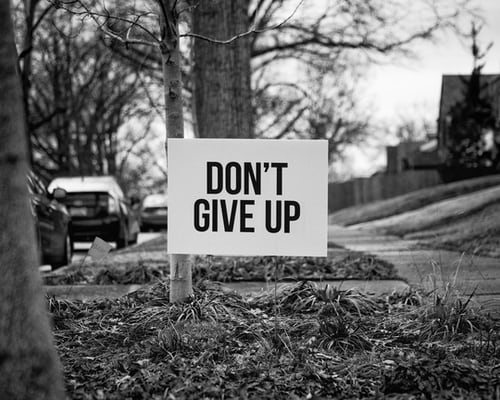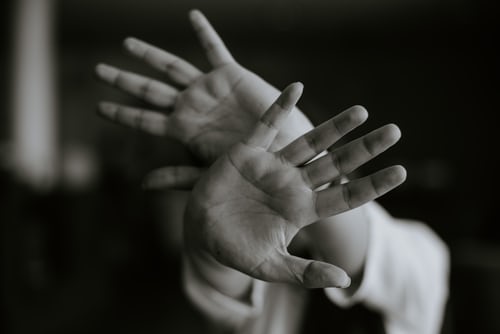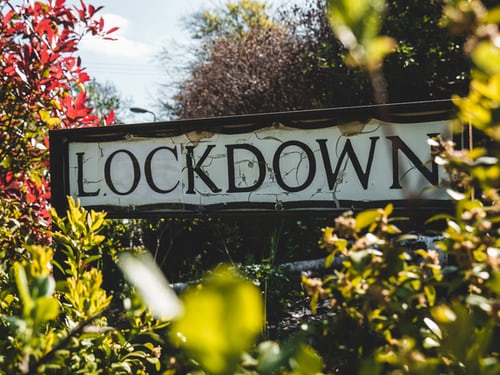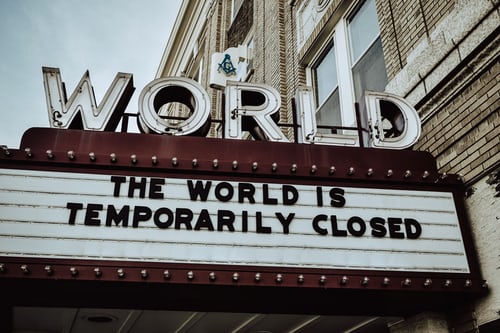I’M WILLING TO BET you’ve heard this saying before: Time heals all wounds.
But does it, really?
And does time heal grief, or the pain that accompanies it?
Or your question might be: how long does grief last?
While time does, eventually, alter the wound, we must be careful not to confuse time healing a wound with a wound healing within time.
Time alone and on its own does not heal a wound, or grief.
So what does time do?
While time does reduce the immediate pain associated with a loss, we can’t expect all pain to subside when a certain amount of time—a certain, pre-set number of days—passes.
But before we go deeper, let’s back up and get a quick overview of grief.
Anatomy of a grief—
A loss, especially a divorce or death of a loved one—can produce an overwhelming amount of pain—both emotional and physical—that causes an extreme amount of emotional energy.
This kind of loss causes a traumatic effect on the body—physically, emotionally and spiritually. And when it occurs, all components of our bodies are affected, and they need healing. Healing that can occur at different rates.
As the shock and its numbness start to wear off, they’re replaced by a reality of the loss. While that might seem, on the grief continuum, a lesser stress to the body, it can be just as traumatic.
Fear often sets in. The fear of never having the same family structure, of never being able to see the deceased person again, of all your dreams being shattered, of this new reality being permanent.
And fear puts a lot of stress on the body.
After the reality of my dad’s death set in, I started experiencing fear that evolved into panic attacks. When my mind realized the finality of his passing—that he was really gone and never coming back—it rebelled and panicked. It took a lot of meditation, breathing exercises and down time to heal from that stage.
But my sadness did not necessarily lessen because of the passage of time. And trying to keep busy enough so that more time would pass and I would heal more would not have been a good prescription.
Ten years later I still think of things I’d love to share with him, decisions and questions I’d like to have his input in. I’d love to hear his laugh, his corny jokes (he thought he was pretty funny), and watch him do crafts with my husband and boys.
The fact that those things won’t ever happen saddens me. But the acute pain is no longer there. Just the melancholy of the reality. And there is some lightheartedness at the joyful memories of those corny jokes and crafty gatherings.
A stark view of our society and grief—
It’s very telling, and depressing, that companies are likely to give you more time off for a broken bone or surgery recovery than they would for bereavement. Six weeks versus three days, usually.
What does that say about our priorities?
Six weeks to heal a broken bone.
Three days to heal a broken heart.
Just how, following the death of a loved one, do you regain your equilibrium in three days?
Why do we expect grieving people to instantly recover from such devastating blows, such injury to their hearts and every aspect of their lives?
What does it mean to “get over” a death?
You may have seen the list put out my psychological or sociology associations putting time limit expectations on certain stressors and losses.
Often they’ll say that the death of a relative or friend takes two years to get over, and the death of a parent or spouse takes a year. And for the parents who’ve lost children?
They might tell you that you never really do recover from the death of a child.
But what do “recover” and “get over” mean?
Getting over seems to imply “forgetting.” Which we all know we could never do about anyone close to us dying. Especially a child.
And just because someone may still feel sadness, (I know I still do twenty-seven years later about the death of my daughter, Victoria), does not mean that person “hasn’t gotten over” the loss.
Like feeling happy, sadness is a normal part of life. Being sad years later shouldn’t be used as an indictment against someone who expresses it.
And when you feel as though society has put an arbitrary number—time limit—on grieving, you start feeling abnormal if you haven’t met that standard.
Time is not an active force with the power to heal. Time itself doesn’t have the power to do anything.
We’ve got to bury the notion that if you just wait long enough that you’ll be fixed.
The danger behind thinking you’ll never get over it—
There is a danger in thinking or believing you’ll never get over someone or something. Why?
Because when you believe you’ll never get over the death of a loved one, you convince yourself to stop trying to recover. You may even stop living. After all, why bother going on if you’re never going to feel better than you do today, drowning in this horrible gutting pain?
Using different words and descriptions to bring healing—
Instead of telling ourselves, and others, that we or they won’t ever get over something, we need to change our language.
We won’t ever forget our loved one, but if we take an active role in our grief recovery, we will be able to hang on to our fond memories without having to worry about those memories turning painful over and over again.
After our recovery and healing completion, we’ll be able to return to a fruitful life of meaning. And although our life will be much different, it can—and will—be good and enjoyable.
It won’t look like it immediately after the loss, but when you take active steps to recover—just as you would after letting a broken bone set and heal—you will be able to move forward.
Yet even with a broken bone you don’t return to “normal” as soon as the splint or cast is removed. You’re likely fatigued throughout the healing process. The body requires extra nutrients and sleep to heal properly. Disuse causes the muscle under the cast to atrophy. When the cast or splint is removed, you need to recondition the limb or joint, regain the muscle strength and coordination that was lost.
That process can take a long time and progress in fits and starts—two feet forward and then one foot backward. It’s a day-by-day re-assessment. And other factors can hamper your healing.
The same is true for the emotional and spiritual damage and recovery we face after a loss. We shouldn’t expect ourselves to jump right back into life. If we do, we’re likely to re-injure ourselves, or set our recovery back. In my exuberance to return to physical activity, I’ve been guilty of pushing the physical limits too soon and setting myself back.
And I was guilty of doing the same thing when trying to “recover” from Victoria’s death. It didn’t work out too well.
I thought if I stayed busy enough, and enough time passed, I’d “get over it,” and life would resume without me having to work on healing.
If I’d only been more patient with myself, more understanding. More in tune with my emotions. I would have healed better and more fully.
Don’t rank your relationships when grieving—
Since every relationship is unique, it’s impossible—and unwise—to try to rank their importance and attach a grief-meter to them.
I’ve heard stories of young people who had nannies while they were growing up and became more emotionally attached to their nannies than their busy parents. When the nanny dies, they’re devastated—more devastated than when their parents die.
The nannies weren’t blood relation, but they might as well have been.
Blood is not always thicker than water, nor does it always mean a closer, more significant and meaningful relationship.
When we grieve, we grieve our special and unique relationship with the person who died.
You set a trap for yourself when you try to compare or rank your loss.
Every loss is different. Every loss is individual. Every loss needs its own healing prescription.
Wrap up—
Try to resist the urge to think you have to recover from grief in a certain amount of time; that time will heal all your wounds.
Doing so leaves you vulnerable to not completing your grief process, of expecting more. Of getting burned out and depressed over your perceived timeframe failure.
Everyone’s different. Every grief is different. Every loss requires unique healing and an individual road to recovery.
Don’t try to follow or adhere to someone else’s road.
Additional Resources—
For more information on grief and the healing and timetable process and fallacy, see these helpful sites:

Invitation—
- Is there a grief you’re struggling with right now that you’ve put a healing timeframe on? What can you do to change your view or the limitations and expectations you’ve put on yourself. Or others?
- Is there a grief from your past you haven’t fully healed from, that someone rushed you through?
- Are you still experiencing sadness from memories of a loved one who passed on years ago and thought those feelings were “abnormal” or indicative of a grief not completed? Can you now recognize those emotions as normal and good, for the memory of your loved one?
NEXT WEEK we’ll start the process of moving from grief into recovery. You won’t want to miss this series. I know you’ll find it helpful for any grief you still need to recover from, grief that didn’t recover well, and for anyone near you struggling with grief.
See you then!
Andrea
*Some material in this post was found in Grief Recovery Institute resources.
Andrea Arthur Owan, M.S., A.T., R., is a fitness pro, award-winning inspirational writer and senior-ordained chaplain. She works and writes to help people recover from trauma, grief and loss and to live their best lives — physically, emotionally, and spiritually.
